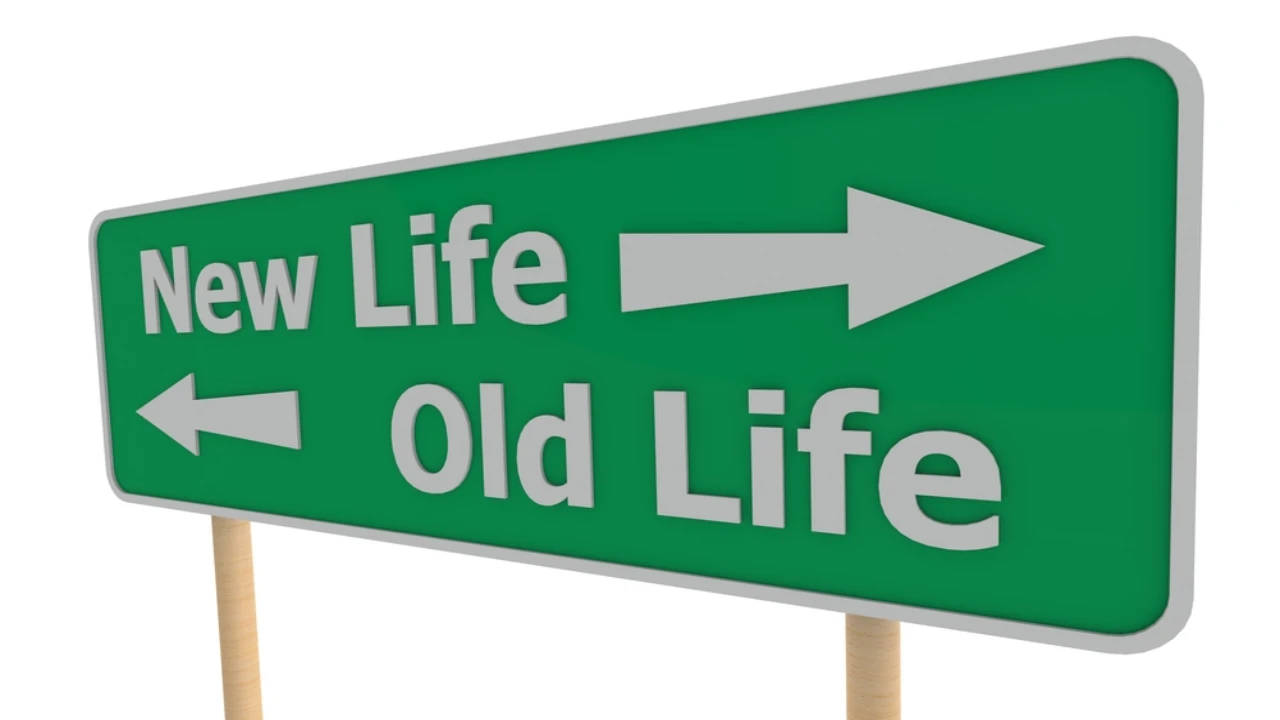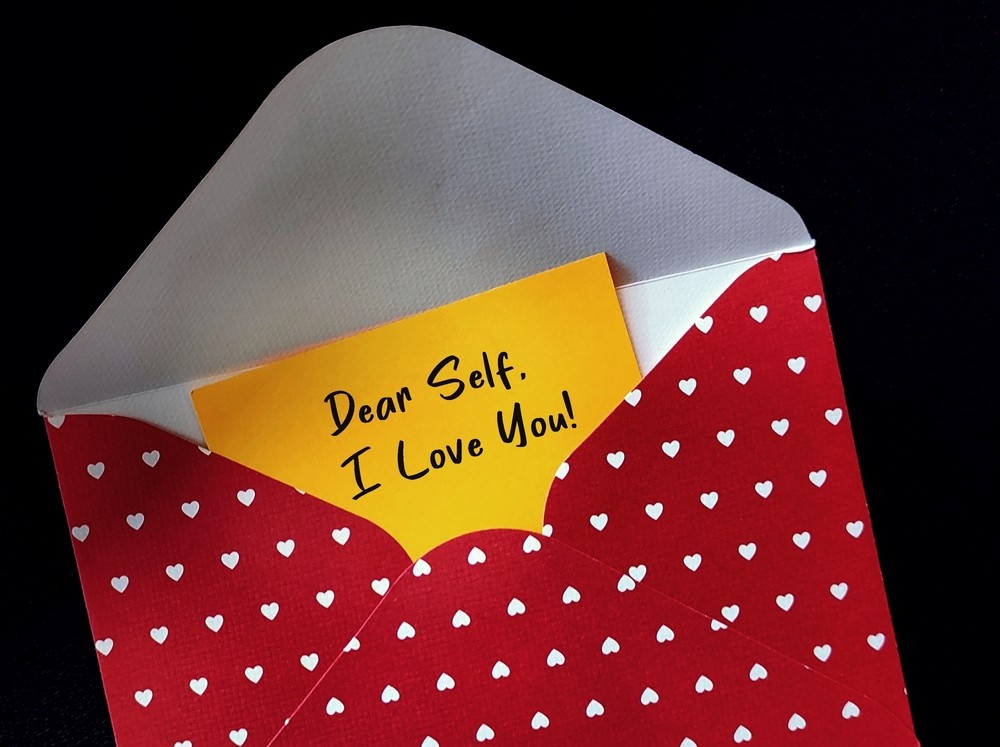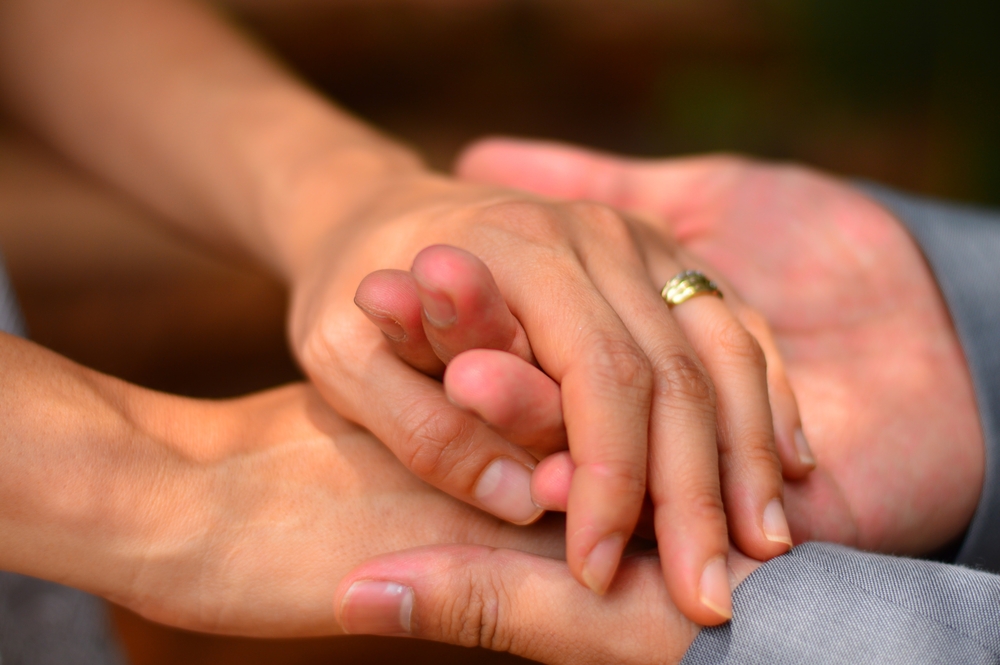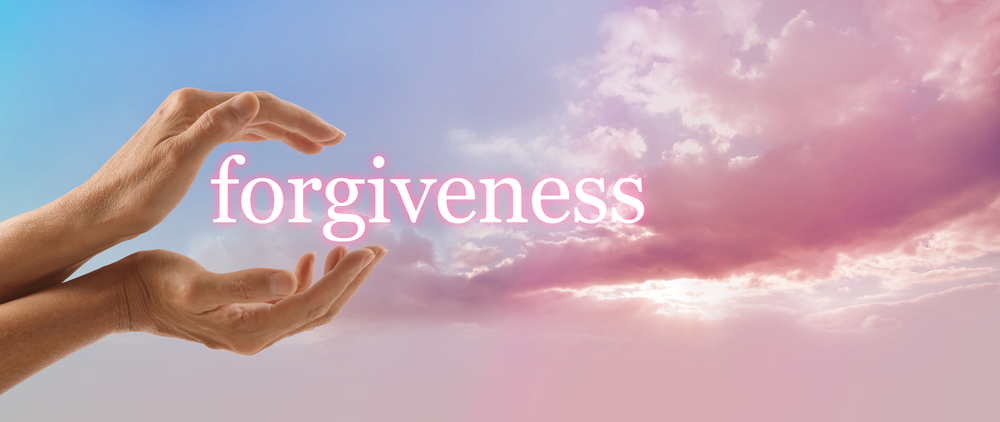10 Ways to Move On in Life After Divorce: A Guide to Thriving
In this comprehensive guide, we explore ten powerful ways to help you heal and rebuild your life after divorce. Let’s create a fulfilling life beyond divorce.

Divorce is a life-altering event that brings forth a myriad of emotions and challenges. Going through a divorce can be emotionally challenging, but it's important to remember that there is life after divorce as well. It may feel like your world has been turned upside down, but it's essential to recognize that there is light at the end of the tunnel. This article aims to provide you with ten resilient paths to take, in order to embrace life after divorce. From self-care practices to embracing new opportunities, this article offers practical advice to navigate this transformative chapter. By incorporating these strategies into your journey, you'll not only heal but also discover newfound strength, purpose, and happiness.
1. Embrace Self-Care And Self-Compassion:

Amidst the emotional rollercoaster of divorce, prioritizing self-care and self-compassion becomes crucial. Take the time to nurture yourself physically, emotionally, and mentally. Engage in activities that bring you joy and help you relax, such as practicing mindfulness, taking soothing baths, or indulging in a hobby you love. Pay attention to your physical health after the divorce, by eating nutritious meals, exercising regularly, and getting enough sleep. Additionally, surround yourself with positive influences and supportive friends who can uplift and encourage you. Remember, self-care and self-compassion are not indulgences; they are essential for your well-being during this challenging time.
2. Seek Support from Loved Ones And Professionals:

Starting over after a divorce can feel isolating, but you don't have to face it alone. Reach out to your trusted friends and family members who can provide a listening ear, empathy, and practical assistance. Share your feelings and concerns with them, as talking about your experiences can help you process emotions and gain perspective. Consider seeking professional help from therapists or counselors specializing in divorce or relationship issues. They can offer valuable guidance, coping strategies, and a safe space to express your thoughts without judgment. Professional support can be instrumental in helping you navigate the complexities of divorce and build resilience.
3. Allow Yourself to Grieve:

Allow yourself to grieve while healing after a divorce. Give yourself permission to experience and express your emotions. Allow the tears to flow if needed and acknowledge the pain, sadness, anger, or confusion you may be feeling. Find healthy outlets for your emotions, such as journaling, painting, or talking to a trusted friend or therapist. Be patient with yourself as the healing process takes time. Remember, by acknowledging and processing your grief, you are paving the way for healing and growth.
4. Rediscover Your Identity:
Divorce often prompts a period of self-reflection and reinvention. Use this time to reconnect with yourself and rediscover your identity. Reflect on your values, passions, and aspirations that may have been overshadowed during your marriage. Engage in activities that bring you joy and allow you to express your authentic self. Explore new hobbies, join clubs or groups that align with your interests, and take courses or workshops to expand your knowledge. As you rediscover your identity, you will gain a renewed sense of self and pave the way for a fulfilling post-divorce life.
5. Focus on Healthy Co-Parenting:
If you have children, prioritizing healthy co-parenting is vital for their well-being and your own, while in the process of moving on from a divorce. Maintain open and honest communication with your ex-partner about parenting decisions, schedules, and expectations. Set aside any personal conflicts during interactions related to the children and focus on their best interests. Respect each other's parenting styles and boundaries, as consistency and stability are crucial for children navigating the aftermath of divorce. Seek professional guidance if needed, such as co-parenting counseling, to establish effective co-parenting strategies and minimize conflict.
6. Establish Boundaries:

Divorce can blur boundaries, leaving you emotionally and physically vulnerable. Take the time to identify your needs, desires, and limits, and establish clear boundaries with your ex-partner, friends, and family. Communicate your boundaries assertively and respectfully, and be consistent in enforcing them. Boundaries will help protect your emotional well-being, set expectations for others' behavior, and allow you to regain a sense of control over your life. Surround yourself with individuals who respect and support your boundaries, and don't hesitate to remove toxic or negative influences from your life.
7. Embrace Change And New Opportunities:
Divorce often signifies a significant change in life, and embracing it can lead to personal growth and new opportunities. Instead of dwelling on what was lost, shift your focus to the possibilities ahead. Explore new hobbies, interests, or career paths that you've always been curious about. Embrace the freedom to make choices solely based on your own preferences and aspirations. Step outside of your comfort zone and engage in activities that challenge you. This mindset of embracing change will open doors to exciting experiences and help you build a post-divorce life filled with fulfillment and purpose.
8. Practice Forgiveness And Letting Go:

Forgiveness is a powerful tool that can liberate you from the emotional burden of resentment and anger. It is not about condoning past actions or reconciling with your ex-partner; it is about freeing yourself. Understand that forgiveness is a process that takes time, and it may not happen overnight. Start by acknowledging your emotions and the pain caused, and work towards accepting the past for what it is. Release the attachment to negative emotions and focus on your own healing. Forgiving yourself is also essential; let go of any guilt or self-blame associated with the divorce. By practicing forgiveness and letting go, you create space for personal growth, healthier relationships, and a more peaceful new life after divorce.
9. Engage in Positive Self-Reflection:
Divorce offers an opportunity for self-reflection and personal growth. Take the time to look inward and examine your own thoughts, actions, and patterns that may have contributed to the breakdown of your marriage. Reflect on the lessons learned from your experiences and consider how you can apply them to future relationships. Use this introspection as a springboard for personal development and self-improvement. Seek personal growth resources, such as self-help books, podcasts, or workshops, to further expand your self-awareness and emotional intelligence. Engaging in positive self-reflection allows you to create healthier connections and build a brighter future.
10. Embrace a Future Filled with Hope:

Divorce may feel like the end of a chapter, but it also signifies the beginning of a new one. Embrace the future with hope and optimism, even if it feels uncertain. Keep in mind that you have the power to create a life filled with joy and fulfillment. Practice gratitude for the present moment and the opportunities that lie ahead. Set realistic goals for yourself, both personally and professionally, and take small steps towards achieving them. Surround yourself with positive and supportive individuals who believe in your potential. Remember that your resilience and strength will guide you through this journey, and a beautiful future awaits you beyond divorce.
Conclusion:
Recovering from divorce is undoubtedly a challenging experience, but it also holds the potential for immense personal growth and transformation. Establishing boundaries, practicing forgiveness, engaging in positive self-reflection, and bringing change will empower you to move forward in life after divorce. Embrace the future with hope, for it is within your power to create a life of happiness, purpose, and new beginnings. The journey may not be linear, but with determination and self-compassion, you will emerge stronger and find joy in the post-divorce chapter of your life.





 JOIN OUR WHATSAPP CHANNEL
JOIN OUR WHATSAPP CHANNEL

























































